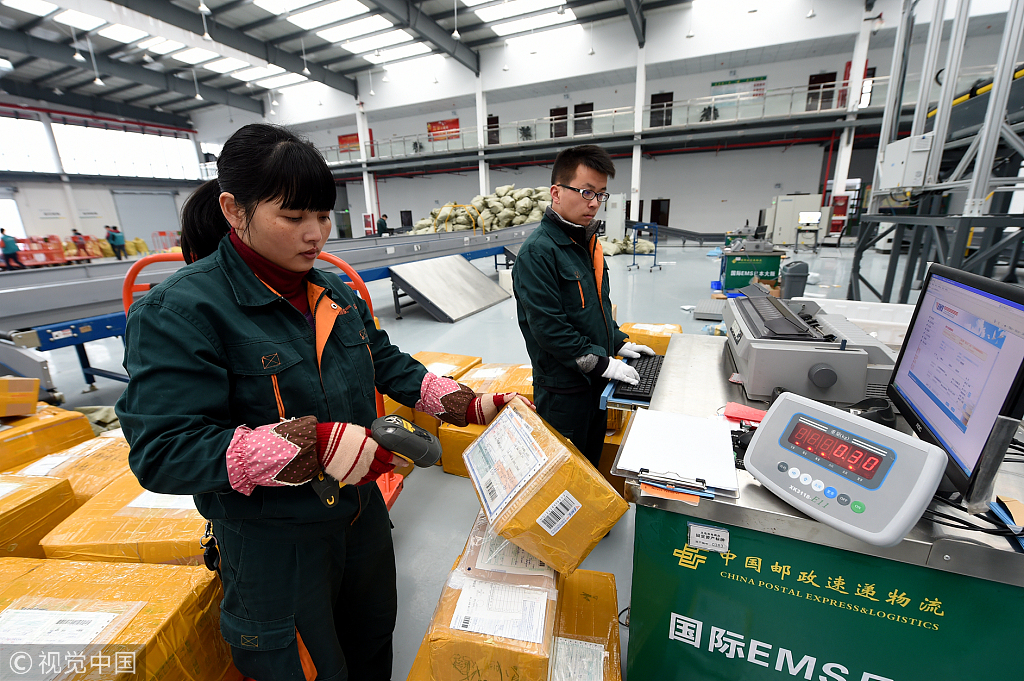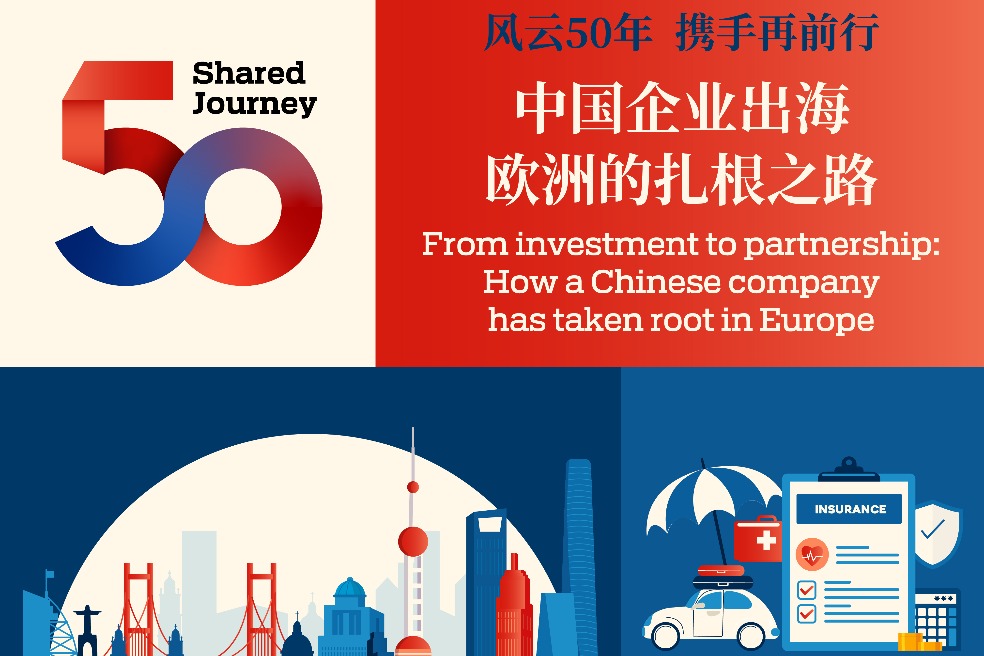Cross-border e-commerce pilot zones promote foreign trade upgrading
China Daily | Updated: 2018-07-17 07:55

THE STATE COUNCIL, China's Cabinet, has decided to build comprehensive cross-border e-commerce experimental zones in 22 cities, including Beijing, Hohhot, Shenyang, Nanning, Lanzhou and Yiwu, where the customs clearance procedures will be simplified for e-commerce enterprises. Beijing Youth Daily comments:
This is the latest move in China's new round of opening-up and the upgrading of its foreign trade, showing China's belief that e-commerce represents the development trend of international trade.
The State Council has already established 13 cross-border e-commerce experimental zones since 2015. Hangzhou, capital of East China's Zhejiang province, and home to China's e-commerce giant Alibaba, was the first experimental zone for cross-border e-commerce, and its trade volume in cross-border e-commerce has risen from over 100 million yuan ($14.95 million) in 2014 to more than 60 billion yuan last year, and the scale of the industry has grown nearly 500 times. Cross-border e-commerce has become a new engine for Hangzhou's economic growth and industrial upgrading.
The first batch of 13 experimental zones has produced some experience that can be transplanted into the new zones.
The network of experimental cross-border e-commerce zones formed nationwide, lays a solid foundation for China to turn them into a major trade channel, which will boost not only China's exports but also imports that meet the demands of Chinese consumers.
It is noteworthy that most of the experimental zones are linked with Europe by regular freight train services, and the cross-border e-commerce will necessarily boost the trade between China and Europe, as well as the countries along the Silk Road Economic Belt. Which will help to lower China's reliance on its trade with the confrontational United States.
The new layout of cross-border e-commerce development in China is conducive to promoting the balanced development of trade, bringing new opportunities to more countries and enterprises in the world, while promoting China's international trade.
























